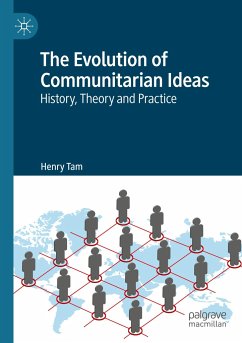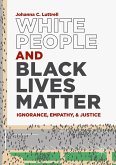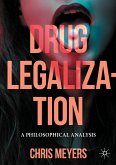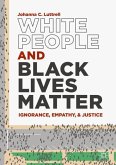This book deals with three key questions about communitarian ideas: how to distinguish what constitutes communitarian thinking; what lessons to take from the historical development of communitarian arguments; and why their practical implications are relevant in devising reforms at the local, national, and global levels. Each chapter covers a distinct period, with a critical exposition of the leading thinkers of that time who contributed to communitarian philosophy and politics. Beginning with an examination of the rise of proto-communitarian ideas in classical Western and Eastern thought, the book closes with a review of communitarian responses to the emergent social and technological changes in the 21st century. Readers will learn about the core features and significance of communitarian theories and practices in relation to morality, education, the economy, freedom and security, community development, and democratic governance; and how they compare and contrast with other ethical andintellectual outlooks.
Bitte wählen Sie Ihr Anliegen aus.
Rechnungen
Retourenschein anfordern
Bestellstatus
Storno








